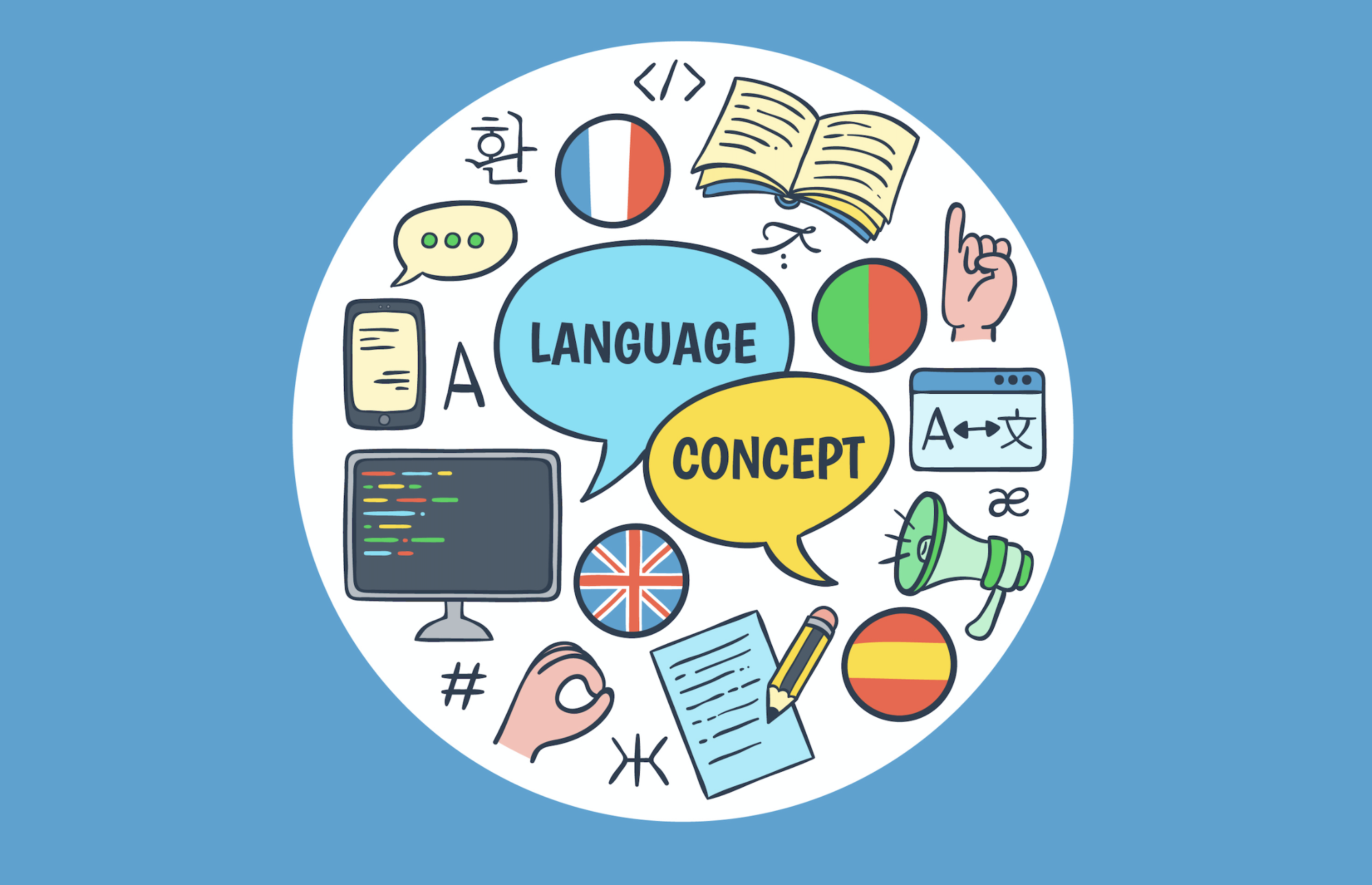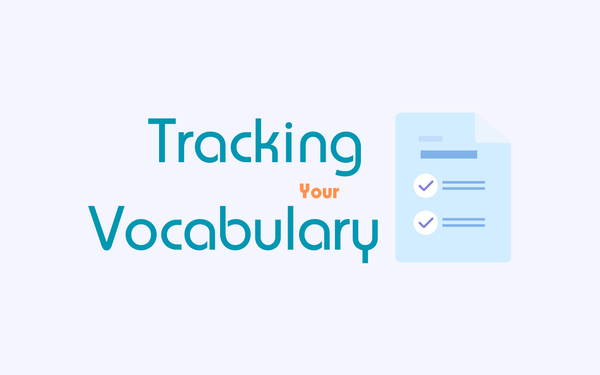9 Ways To Learn Any Language Faster
Break language barriers faster with effective learning techniques. Explore straightforward methods to learn any language quicker than ever.

Learning a new language can be a daunting task, but it's an incredibly rewarding experience. Whether you want to travel, improve your job prospects, or simply challenge yourself, mastering a new language can open doors and enhance your life in countless ways.
However, the language learning process can be time-consuming and frustrating, especially if you're unsure where to start or how to make progress. Fortunately, some proven strategies and techniques can help you learn any language faster and more effectively. Read till the end to get the bonus time-saving tip.
Practice consistently
One of the most important factors in learning a new language is consistency. It's better to study for 20-30 minutes every day than to cram for hours once a week.
Regular practice helps your brain develop the new neural pathways needed to understand and speak the language, and it also helps you build momentum and stay motivated.
So, set a regular study schedule and stick to it, even if it's just a few minutes a day.
Focus on the most useful vocabulary and phrases
While it's tempting to try to learn every word in the dictionary, it's not an efficient use of your time. Instead, focus on the most common words and phrases that you're likely to encounter in everyday conversation.
For example, in English, words like "hello," "thank you," and "goodbye" are used frequently and are essential to know.
Similarly, in other languages, there are certain phrases and expressions that are used repeatedly in daily life. By prioritizing these key words and phrases, you'll be able to start using the language more quickly and feel more confident in your abilities.
Immerse yourself in the language
Immersion is one of the most powerful ways to learn a new language. When you're surrounded by the language, your brain is forced to adapt and start understanding it more quickly.
If possible, travel to a country where the language is spoken, or find a language exchange partner who can help you practice speaking. You can also immerse yourself in the language by watching TV shows and movies, listening to podcasts, or reading books and articles in the language.
The more you expose yourself to the language, the faster you'll start to internalize it.
Use technology to your advantage
There are countless language learning apps, websites, and tools available that can help you learn a language faster and more efficiently. For example, apps like Duolingo and Babbel offer interactive lessons and quizzes that make learning fun and engaging.
Language exchange platforms like iTalki and Tandem connect you with native speakers who can help you practice speaking and listening. And tools like Anki and Quizlet let you create flashcards and quizzes to reinforce your knowledge.
By incorporating these technologies into your language learning routine, you can make faster progress and stay motivated.
Make mistakes and learn from them
Learning a new language is a process, and you're bound to make mistakes along the way. However, instead of getting discouraged by your errors, embrace them as opportunities to learn and improve.
When you make a mistake, take note of what went wrong and try to understand why. Then, use that knowledge to adjust your approach and avoid the same mistake in the future.
Remember, making mistakes is a natural part of the language-learning process, and it's a sign that you're making progress.
Practice speaking from day one
Many language learners make the mistake of focusing too much on reading and writing, while neglecting speaking and listening. However, speaking is one of the most important aspects of language learning, as it helps you develop fluency and confidence.
Even if you're just starting out and can only say a few words, try to practice speaking from day one. You can talk to yourself, practice with a language exchange partner, or even record yourself speaking and listen back to it for feedback. The more you practice speaking, the easier it will become, and the faster you'll start to see progress.
Use mnemonics to memorize new vocabulary
Memorizing new vocabulary is one of the biggest challenges in language learning. One technique that can help is using mnemonics, or memory aids, to associate new words with something you already know.
For example, if you're learning Spanish and want to remember the word for "banana" (plátano), you could imagine a plane flying over a bunch of bananas. The visual image of the plane and bananas together can help you remember the word more easily.
Mnemonics can be especially useful for remembering words that are difficult to pronounce or have no obvious connection to English.
Learn grammar in context
Grammar is an important part of language learning, but it can also be overwhelming and confusing. Rather than trying to memorize grammar rules in isolation, try to learn grammar in context.
This means seeing how grammar is used in real-world situations, such as in conversation or in written texts. By understanding grammar in context, you'll be able to see how it works in practice and be better equipped to use it correctly in your own speech and writing.
Stay motivated and have fun
Learning a new language can be a long and challenging process, so it's important to stay motivated and enjoy the journey. Find ways to make language learning fun and engaging, whether that's through watching TV shows in the language, listening to music, or playing language-learning games.
Set goals for yourself, such as being able to have a simple conversation in the language within a certain timeframe, and celebrate your progress along the way. By staying motivated and having fun, you'll be more likely to stick with it and achieve your language learning goals.

In conclusion, learning a new language can be a rewarding and fulfilling experience, but it requires dedication, patience, and persistence. With these strategies and a bit of hard work, you'll be well on your way to mastering a new language and opening up a world of possibilities.
Bonus: Learning a new language can be daunting but if you try to build a habit of reading in the very same language, it will train your brain to think in that language itself. You can use Dictozo free language assistant feature to fasten the process of learning the new language. Dictozo will also highlight the new word every time you read online so you need to see the meaning again and again.




